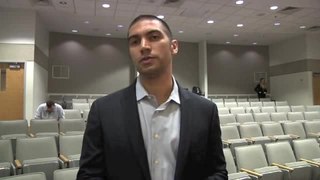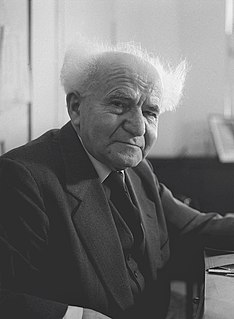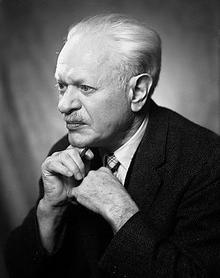A Quote by Frantz Fanon
I ascribe a basic importance to the phenomenon of language. To speak means to be in a position to use a certain syntax, to grasp the morphology of this or that language, but it means above all to assume a culture, to support the weight of a civilization.
Related Quotes
There is a narrow class of uses of language where you intend to communicate. Communication refers to an effort to get people to understand what one means. And that, certainly, is one use of language and a social use of it. But I don't think it is the only social use of language. Nor are social uses the only uses of language.
One of the reasons I love language is that concerning semiotics, language is an arbitrary sign system, which means the signs within it are free-floating, but we put them in a certain order to get them to have meaning for us. If we left them alone, they'd be like water, like the ocean. It would be just this vast field of free-floating matter or signs, so in this way, I think language and water have much in common. It's only us bringing grammar and syntax and diction and the human need for meaning that orders language, hierarchizes it.
A language possesses utility only insofar as it can construct conventional boundaries. A language of no boundaries is no language at all, and thus the mystic who tries to speak logically and formally of unity consciousness is doomed to sound very paradoxical or contradictory. The problem is that the structure of any language cannot grasp the nature of unity consciousness, any more than a fork could grasp the ocean.
We believe we can also show that words do not have exactly the same psychic "weight" depending on whether they belong to the language of reverie or to the language of daylight life-to rested language or language under surveillance-to the language of natural poetry or to the language hammered out by authoritarian prosodies.
The clerical work is par for the course. "Keep on file in numerical order" means throw in wastebasket. You'll soon learn the language. "Let it be a challenge to you" means you're stuck with it; "interpersonal relationships" is a fight between kids; "ancillary civic agencies for supportive discipline" means call the cops; "Language Arts Dept." is the English office; "literature based on child's reading level and experiential background" means that's all they've got in the Book Room; "non-academic-minded" is a delinquent; and "It has come to my attention" means you're in trouble.
American Sign Language is a language. It's fun to learn, and it's different from other languages because you use your hands, you use your face, your facial expressions, and there is also an incredible culture that comes with it and an amazing community too, and through that, we can support each other.
A partial Jewish State is not the end, but only the beginning. ... I am certain that we will not be prevented from settling in the other parts of the country, either by mutual agreements with our Arab neighbors or by some other means. . . [If the Arabs refuse] we shall have to speak to them in a different language. But we shall only have another language if we have a state.





































